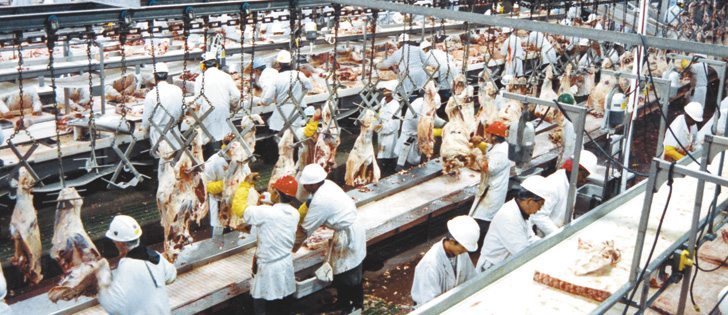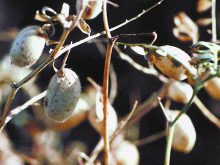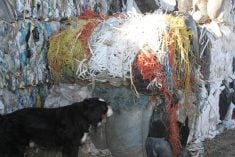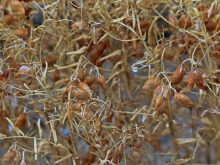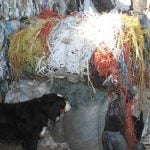MOSCOW, Russia (Reuters) – Russia’s poultry meat sector hopes talks later this week will find a compromise over Moscow’s new food safety rules that threaten to halt the current large imports of U.S. chicken because it is treated with chlorine.
Otherwise Russians will have to arrange to find other sources of supply.
“Alternatives may be found,” said Andrei Teriokhin, head of the Russian Poultry Market Operators’ Association.
“There are major producers like Brazil, the European Union, Argentina, Canada, Turkey and Thailand.” But, he said, this may disrupt the market and prove to be time consuming.
Read Also
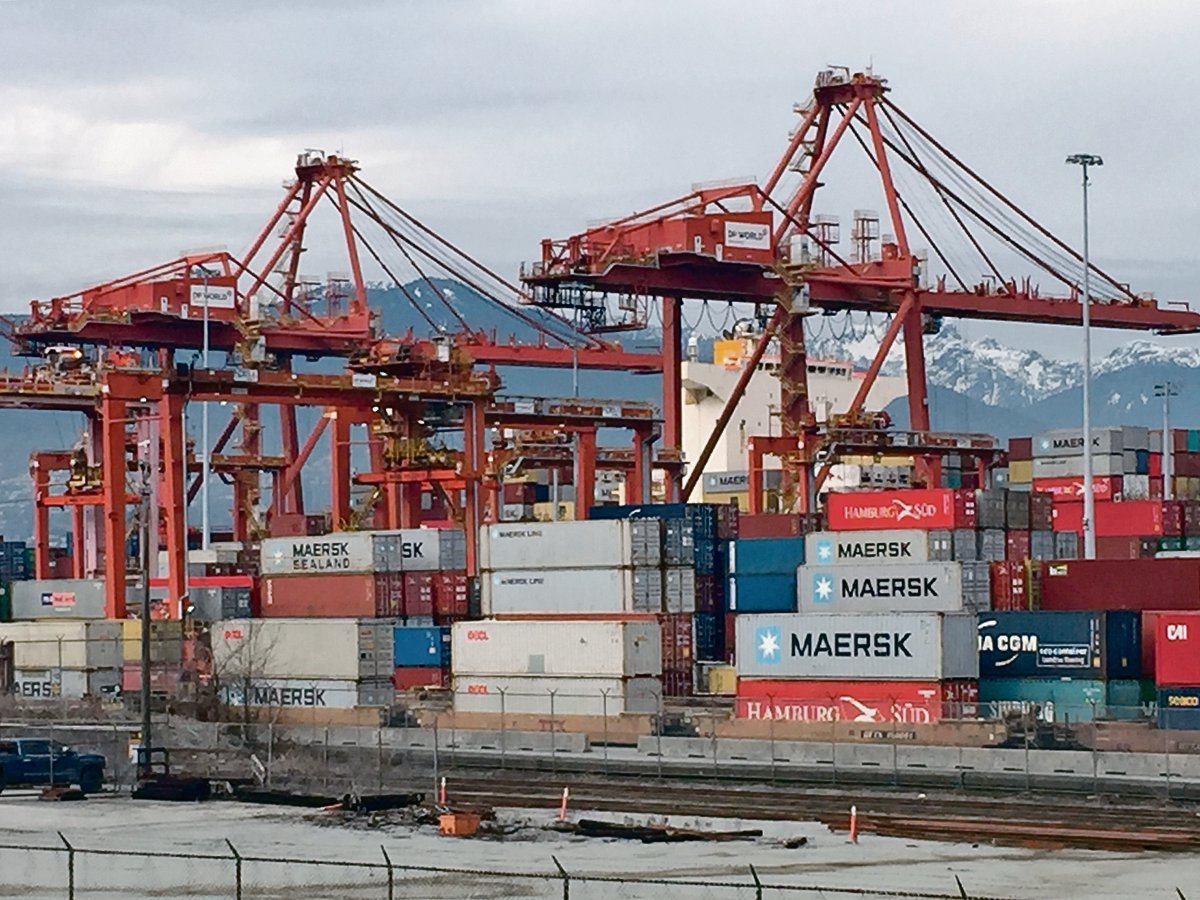
Message to provincial agriculture ministers: focus on international trade
International trade stakeholders said securing markets in the face of increasing protectionism should be the key priority for Canada’s agriculture ministers.
Technical experts headed by United States Department of Agriculture undersecretary Jim Miller and Russian consumer protection watchdog Rospotrebnadzor Gennady Onishchenko were scheduled to hold talks in Moscow on meat safety on Jan. 19 -20 after publication deadlines for this issue.
Rospotrebnadzor, a Russian regulatory body, imposed from Jan. 1 a ban on poultry meat treated with chlorine, a process commonly used in the United States. This threatened to halt U.S. poultry exports to Russia, which were worth $800 million US in 2008.
Sergei Yushin, head of another Russian lobby group, said there were countries that could increase poultry meat production rapidly and ship it to Russia.
“But they will do it only if they receive guarantees that their products will be bought,” he added.
Under a tariff quota used by Russia to regulate imports, the United States is entitled to ship 600,000 tonnes of poultry meat this year at a discounted import tariff.
On Jan. 14, Moscow said it would allow imports of poultry meat cleared by customs before Jan. 19. It also said alternative sources of supply may be found, should Washington fail to observe the new rules.
Teriokhin does not expect the U.S. to exclude chlorine washes from poultry processing to meet the Russian standards, but he said a compromise was possible over the estimate of the chlorine residue content.
“U.S. products should correspond to Russian safety standards, while the Russian side should present its demands to the products and not to their production process. When there is a wish, there is hope of a compromise.”
The outcome of the talks will depend on experts’ estimate of possible risks presented by chlorine in poultry meat, Yushin said.
“Compromises may only be reached on the basis of demands and standards based on science,” he said. “If we put on a scale the market situation and human health, I believe health will prove to be more important.”
Russian meat producer Cherkizovo said it was not afraid of a poultry meat deficit if U.S. exports halted.


